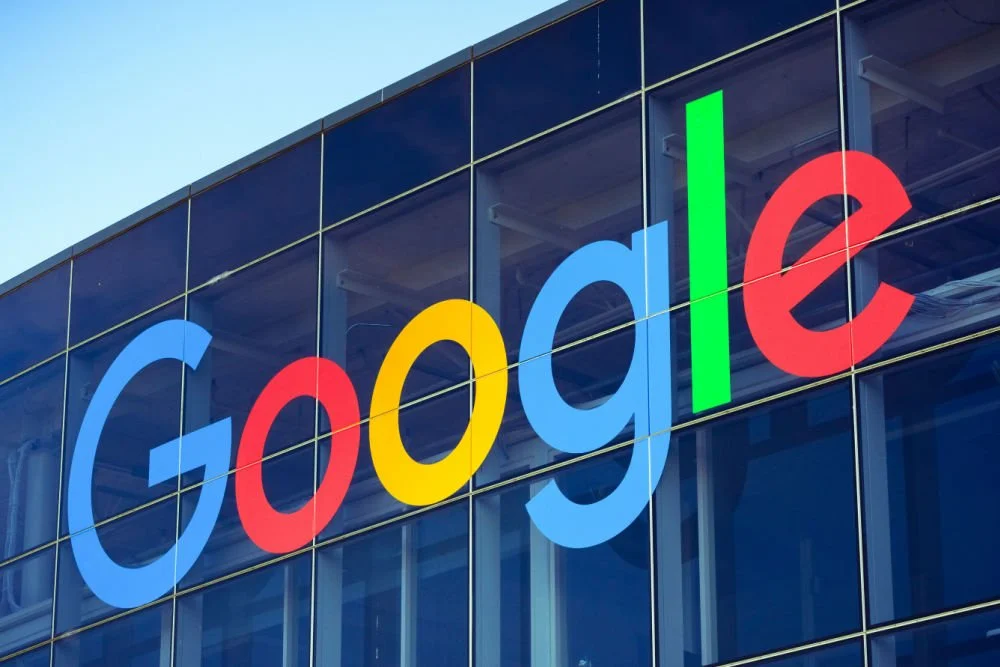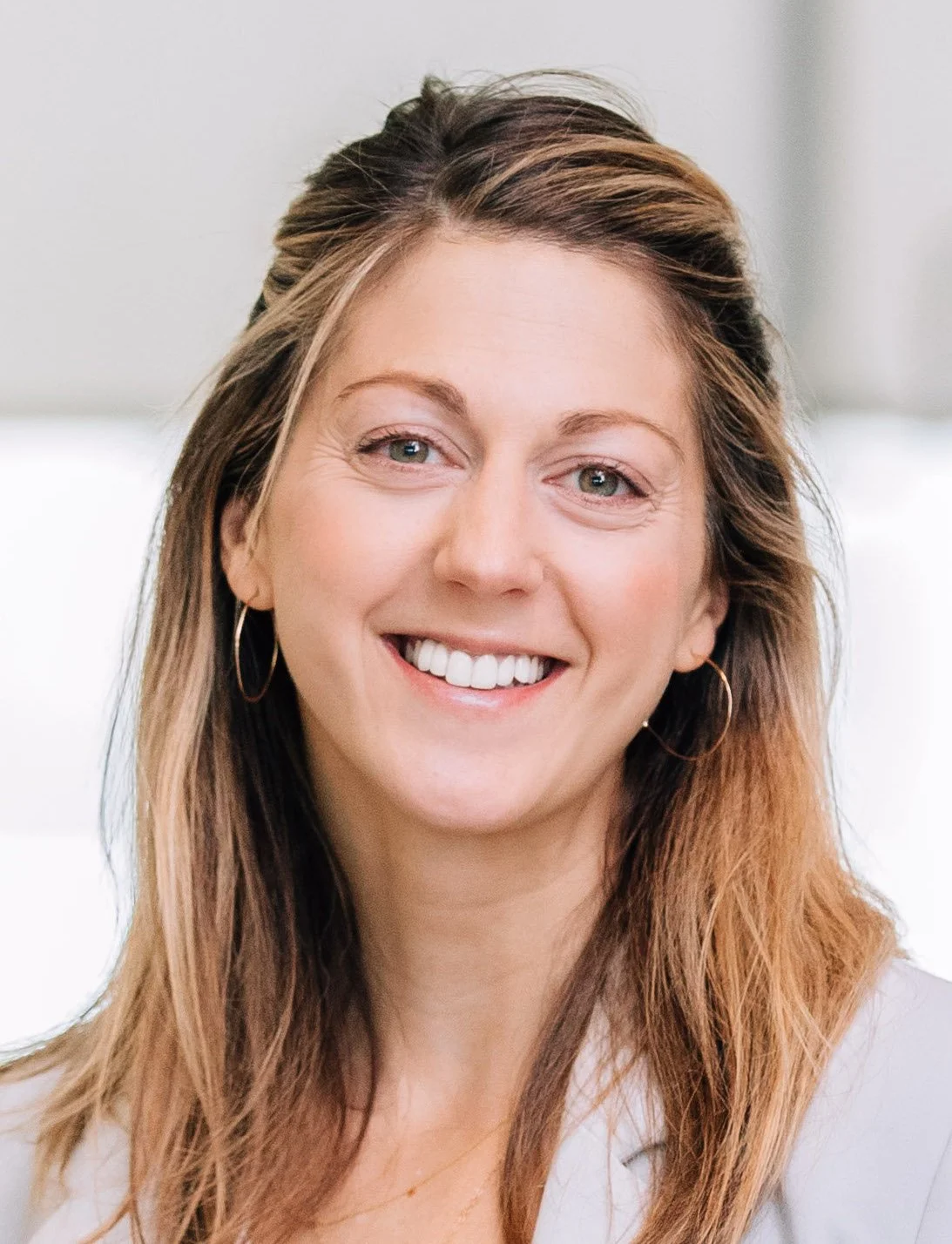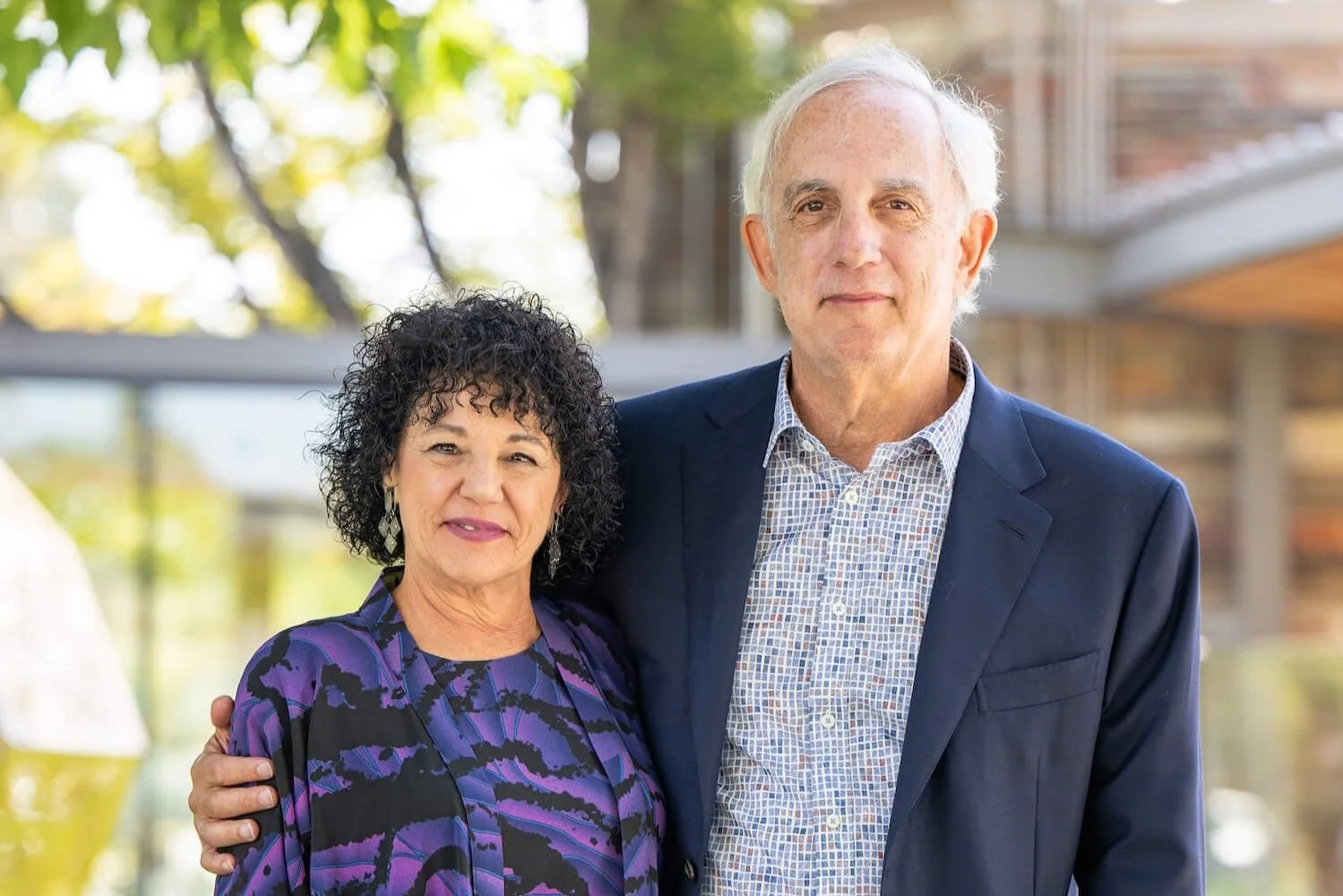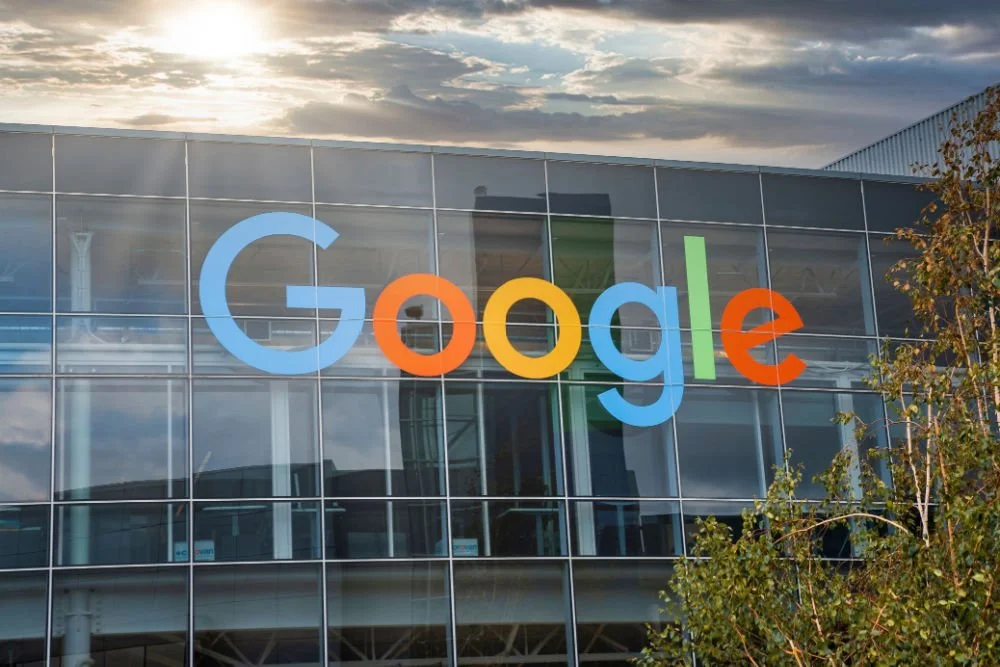Can Brian Acton and Signal Use Philanthropy to Chart a Better Path for Tech?
/It’s a familiar story, by now. A scrappy team of skilled programmers lands a hit with the public, but falters given its small budget and enormous competitors—until a savvy billionaire swoops in with a big check.
What’s different in this particular story is that the benefactor, Brian Acton, is donating $50 million, and the recipient, encrypted messaging service Signal, will continue its mission as a 501(c)(3) nonprofit.
That means (presumably) there will be no stripping for parts and no pivoting to satisfy return-hungry investors. Instead, the newly created Signal Foundation will power forward with its goal of making private communication accessible and ubiquitous, with a “structure that is free of the inherent limitations of a for-profit company.”
What’s even more interesting about this move is that Acton’s enormous wealth ($6.6 billion) comes precisely from one of those big tech acquisitions. One of the biggest, in fact, as he and co-founder Jan Koum sold their own hit messaging service WhatsApp to Facebook for a cool $19 billion in 2014. As Acton has eased into his philanthropy, we knew some kind of nonprofit tech endeavor was on the way, which he indicated when he left WhatsApp (under parent company Facebook) last year. Now we know he’s backing Signal financially, and coming on as executive chair.
With Acton’s added funding and expertise, and Signal’s formidable tech and sturdy principles, the new entity could become a high-profile example of a better path to tech success—one driven by a public-good mission and user benefit instead of profit.
Signal already had quite a head start on building such a tech enterprise. Under founder Moxie Marlinspike, Open Whisper Systems’ encrypted messaging and calling service has become the gold standard for private communication among security experts, activists, journalists and ordinary folks who don’t like snooping. Signal’s encryption has been integrated into other major messaging platforms, serving billions as a result.
But contrasting the fast growth and big exits of Silicon Valley, Signal never took VC money or investment, only donations and grants. “[W]e felt that putting profit first would be incompatible with building a sustainable project that put users first,” Marlinspike wrote in the announcement of the new foundation. Its staff astonishingly maxed out at seven people, with an average of 2.3 full-time software developers. They never even incorporated, operating with the Freedom of the Press Foundation as a fiscal sponsor. The humble setup has protected their mission from pursuing shiny objects, but it’s also held the team back.
Acton and Koum, on the other hand, went down a different path with their messaging service WhatsApp, scoring a massive windfall from the sale to Facebook. That being said, they were unique in that they always had an international, lower-income audience in mind, as Tom Steinberg previously pointed out here. As Acton tells Wired, now that he’s on his own, he can “pursue his long-held ideals: transparent, open-source development and uncompromising data protection.”
If you take that to heart, the pairing makes sense, and marks something of a return to form for Acton. Marlinspike and Acton seem to share a core belief in the public good that comes from encrypted communication and data protection. As communication is increasingly online, surveillance and loss of privacy becomes a more universal problem, threatening vulnerable segments of the population like immigrants and activists, for example.
Acton said in the recent announcement, “Our plan is to pioneer a new model of technology nonprofit focused on privacy and data protection for everyone, everywhere... We believe there is an opportunity to act in the public interest and make a meaningful contribution to society by building sustainable technology that respects users and does not rely on the commoditization of personal data.”
While he doesn’t directly bite the hand that made him billions of dollars, that’s a pretty clear dig at the dominant model of tech led by the Facebooks of the world. It’s a model that is also stoking anger and distrust among the public and elected officials. You can see it in Congressional hearings, on the faux-battered face of Mark Zuckerberg splashed on the cover of Wired, and in the public’s hunger for alternative social platforms.
The Signal Foundation says it’s after a different model. Widely accessible digital tools that don’t worship at the altar of ad clicks and data collection. As Signal’s homepage promises, “no ads, no affiliate marketers, no creepy tracking.”
It’s not the first case of nonprofit tech with a mission, or “tech-for-good,” by a long shot. There’s a bustling community of open source software creators and advocates, and tech-focused nonprofits. Mozilla is one big example, although the Firefox maker has a for-profit corporation that’s owned by the nonprofit foundation. But as Steinberg points out, it’s a tough road. The expertise of Acton and the Signal team, plus a sizable war chest, could lead to a rare level of success for such an outfit.
Of course, the fact that the money for this alternative model comes from Facebook cash is surely not lost on anyone. There’s also the question of whether grants and donations are a sustainable way to pay for something at the scale of Signal’s ambitions. In fact, Acton points out that they have a goal of making the Signal Foundation financially self-sustaining, and plan to provide additional offerings in the future.
Overall, this is a unique pairing, with strong ideals and some new muscle that might carve out a more appealing, nonprofit version of success in tech.
Related:







































